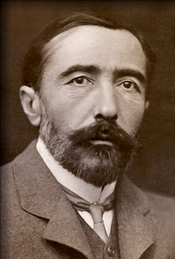 "When I'm writing the first draft, I'm writing in a very slovenly way: anything to get the outline of the story on paper."
"When I'm writing the first draft, I'm writing in a very slovenly way: anything to get the outline of the story on paper."
Pat Barker
English Novelist
1943 -
Video
Here is a video about Regeneration.
1943 -
Commentary
Do you worry about that first draft? Do you want every word to be perfect? Creativity is messy. It is like the tide, ebbing and flowing, washing the sand away and bringing it back again. No creative writer is able to create a perfect first draft. Yet, many of us berate ourselves because the first draft is full of grammatical and spelling errors. First drafts should be sloppy and full of wrong roads taken and misadventures survived. The first draft should be fun to create. You are an explorer in a previously unknown world. Let yourself go down dead end rabbit holes. Your first draft should be filled with mistakes.
Biography
Pat Barker was born in England to a working class family during World War II. Her mother was unmarried and the pregnancy resulted from a drunken night out on the town. She and her mother lived with her grandparents until she was seven when her mother married. She chose to remain with her grandparents instead of going with her mother and stepfather. After high school, she studied international history at the London School of Economics.
Barker began writing fiction in her mid-twenties. She never published the first three novels that she wrote. Her first published novel, Union Street, appeared in 1982 when she was almost forty. Blow Your House Down was published in 1984 and The Century's Daughter in 1986. All three novels dealt with English working class women.
Pat Barker is best known for three novels about World War I: Regeneration (1991), The Eye in the Door (1993) and The Ghost Road (1995). The novels are a blend of history and fiction and include the British soldier-poets, Wilfred Owen and Siegfried Sassoon as main characters.
Video
Here is a video about Regeneration.




